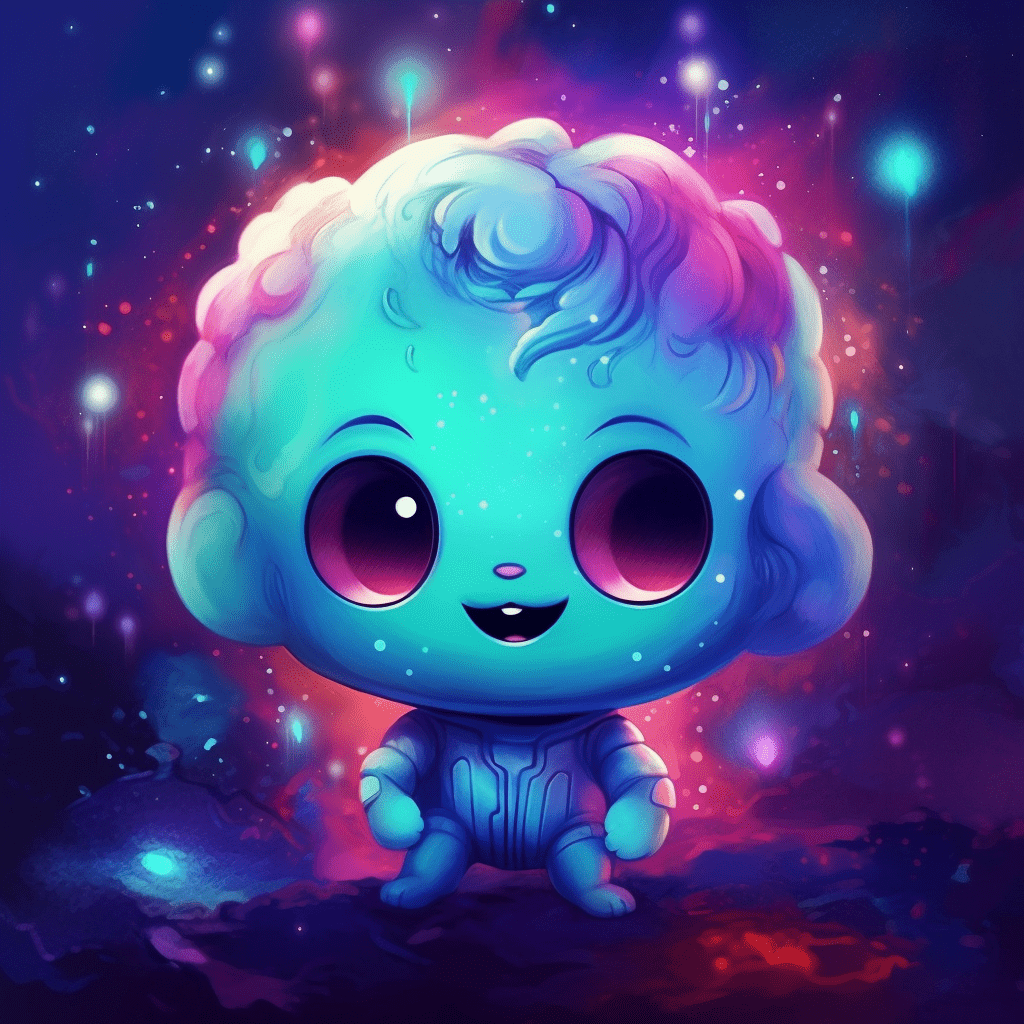The rise of blockchain technology has led to innovative applications in various sectors, with NFTs being one of the most exciting and controversial. As you generate NFTs, it’s critical to navigate the murky waters of legal and copyright considerations. Here we’ll explore the important aspects of copyright law, intellectual property rights, and potential legal implications in the world of NFTs.

Understanding Copyright in the Context of NFTs
When generating NFTs, copyright is a crucial aspect to consider. An NFT, or Non-Fungible Token, is a type of digital asset representing ownership or proof of authenticity of a unique item or piece of content. However, purchasing an NFT does not necessarily transfer the copyright of the associated digital content to the buyer. This is a common misconception that can lead to legal issues.
As a creator, when you generate an NFT, you’re essentially creating a digital certificate of ownership for a piece of work. This means that the copyright, or the right to distribute, reproduce, display, or create derivative works, typically remains with you unless explicitly transferred in a separate agreement. Understanding this distinction is key to avoid copyright infringement issues and ensure fair practices.
Intellectual Property Rights and NFTs
Another crucial area to consider is intellectual property (IP) rights. IP rights encompass copyrights, trademarks, and patents, providing legal protection and exclusive rights to the creator or owner of a unique piece of work.
When generating an NFT linked to a piece of artwork, music, or any form of creative content, it’s important to ensure that the content does not infringe upon the IP rights of others. If the content associated with an NFT infringes on someone else’s IP rights, it could lead to legal actions such as cease and desist orders, fines, or even lawsuits.
NFTs and the Right of Publicity
The right of publicity refers to an individual’s right to control and profit from the commercial use of his or her name, image, or likeness. This legal concept is especially relevant when generating NFTs that involve celebrities or well-known public figures. Unauthorized use of someone’s name, image, or likeness in creating and selling NFTs could be considered a violation of their right of publicity and could have legal consequences.
The Role of Smart Contracts in NFT Generation
Smart contracts play a significant role in the process to generate NFTs. They are self-executing contracts with the terms of the agreement directly written into code. These contracts can be designed to include terms relating to copyright and IP rights, allowing creators to specify how the NFT can be used by the purchaser. As a creator, it’s crucial to clearly define these terms in the smart contract to protect your rights and set proper expectations for buyers.
Legal Precedents and Ongoing Legislation

The world of NFTs is evolving rapidly, and lawmakers worldwide are still grappling to formulate regulations that can keep pace with these developments. Some existing legal precedents apply to NFTs, like copyright infringement and defamation cases. However, due to the unique characteristics of blockchain technology and the global nature of NFT transactions, applying existing laws to NFT-related disputes presents new challenges.
A few countries have started to draft and implement regulations specific to NFTs and other crypto-assets. These aim to provide clearer guidelines for creators and collectors alike. Staying informed about these legislative developments is crucial to navigating the legal landscape of NFTs successfully.
Seeking Legal Advice for NFT Generation
Due to the complex nature of copyright and IP laws, as well as the evolving legislative landscape, it’s highly advisable for creators to seek legal advice before generating and selling NFTs. Lawyers specializing in blockchain technology, crypto-assets, and digital IP can provide invaluable guidance to creators to protect their rights and interests.
Conclusion: Towards a Legally Conscious NFT Ecosystem

NFTs offer immense opportunities for artists and creators to monetize their work in innovative ways. As these digital assets become more mainstream, the importance of understanding and complying with legal and copyright considerations cannot be understated. By adopting a legally conscious approach to NFT generation, creators can safeguard their interests, uphold the rights of others, and contribute to a more equitable and sustainable NFT ecosystem.
